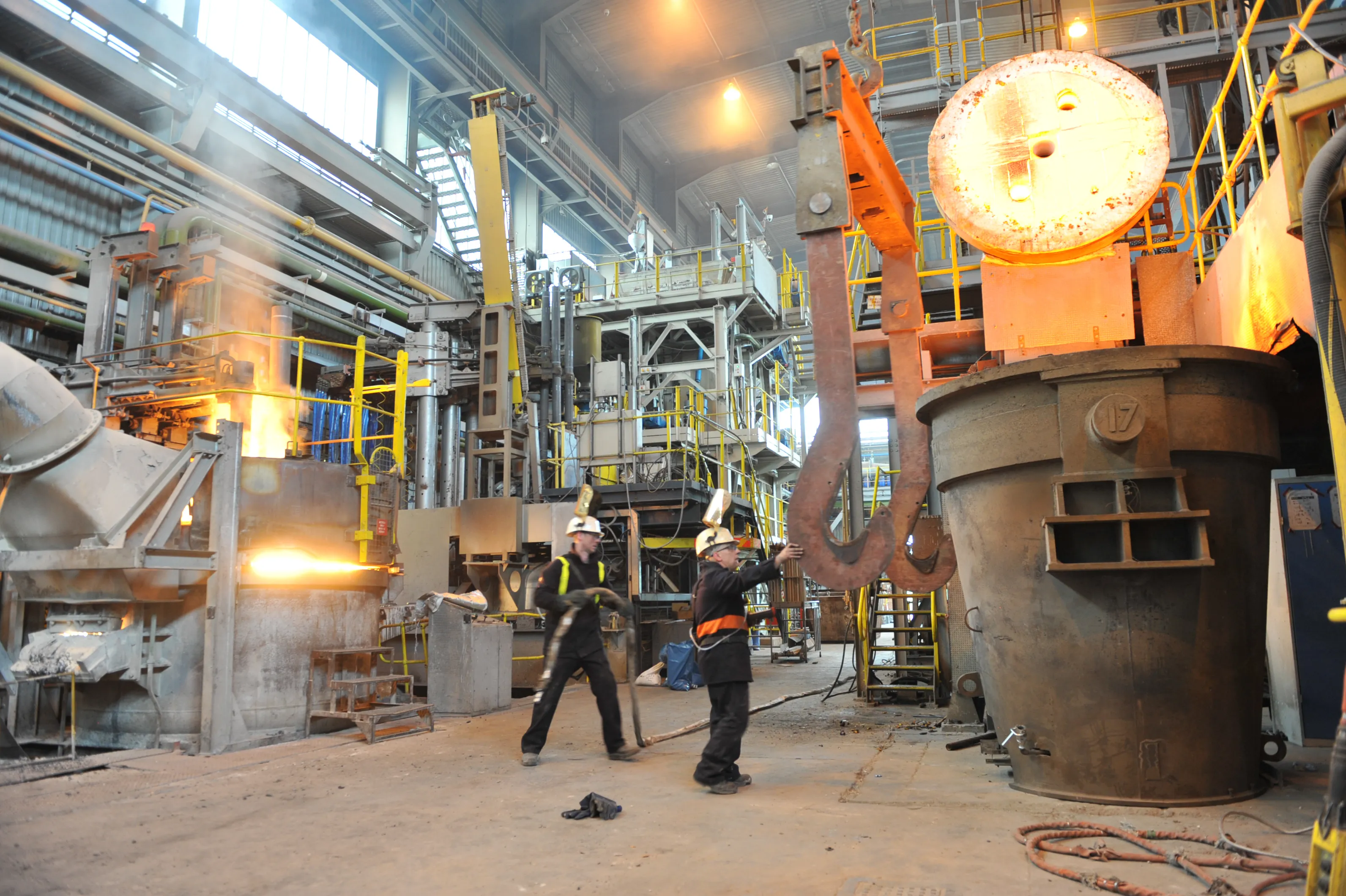Seven countries have confirmed their participation in field trials for the proposed third phase of the Long Life Pavement Project, being operated under the auspices of the OECD (Organisation for Economic Development and Cooperation) and International Transport Forum (ITF).
July 6, 2012
Read time: 2 mins
Seven countries have confirmed their participation in field trials for the proposed third phase of the Long Life Pavement Project, being operated under the auspices of the OECD (Organisation for Economic Development and Cooperation) and 1102 International Transport Forum (ITF).
France, New Zealand, Denmark, Belgium, the UK, Ukraine and Spain have confirmed while the US, Israel and South Africa have expressed interest and could also participate in the trials.
The third phase requires that countries take an active role in constructing roads using epoxy asphalt and high performance cementitious materials (HPCM).
France indicated it will launch two construction sites using HPCM (a roundabout and a 100m section of urban road). In the latter case, a parallel experiment will take place to assess the de-pollution effect of Titane Dioxide.
New Zealand has already started constructing sections of road using epoxy asphalt.
The Long Life Pavements project began in 2002, and in the first phase an economic evaluation of long life wearing course was performed. It concluded that long life pavement surfacing costing around three times that of traditional wearing courses could be economically viable, assuming an expected life of 30 years and an annual average daily traffic of 80,000 or more.
It also concluded that laboratory tests should be conducted on the two candidate materials identified (epoxy asphalt and high performance cementitious material).
In Phase 2 (2005-08), the two materials were tested in laboratories where it was found that both materials performed well, and it was concluded that the materials should be implemented on large scale demonstrations to test production, laying and performance issues
The objectives of Phase 3 are to coordinate trials in order to research production, laying and quality control, as well as cost, and demonstrate the performance of such surfacing under real traffic and environmental conditions.
France, New Zealand, Denmark, Belgium, the UK, Ukraine and Spain have confirmed while the US, Israel and South Africa have expressed interest and could also participate in the trials.
The third phase requires that countries take an active role in constructing roads using epoxy asphalt and high performance cementitious materials (HPCM).
France indicated it will launch two construction sites using HPCM (a roundabout and a 100m section of urban road). In the latter case, a parallel experiment will take place to assess the de-pollution effect of Titane Dioxide.
New Zealand has already started constructing sections of road using epoxy asphalt.
The Long Life Pavements project began in 2002, and in the first phase an economic evaluation of long life wearing course was performed. It concluded that long life pavement surfacing costing around three times that of traditional wearing courses could be economically viable, assuming an expected life of 30 years and an annual average daily traffic of 80,000 or more.
It also concluded that laboratory tests should be conducted on the two candidate materials identified (epoxy asphalt and high performance cementitious material).
In Phase 2 (2005-08), the two materials were tested in laboratories where it was found that both materials performed well, and it was concluded that the materials should be implemented on large scale demonstrations to test production, laying and performance issues
The objectives of Phase 3 are to coordinate trials in order to research production, laying and quality control, as well as cost, and demonstrate the performance of such surfacing under real traffic and environmental conditions.







